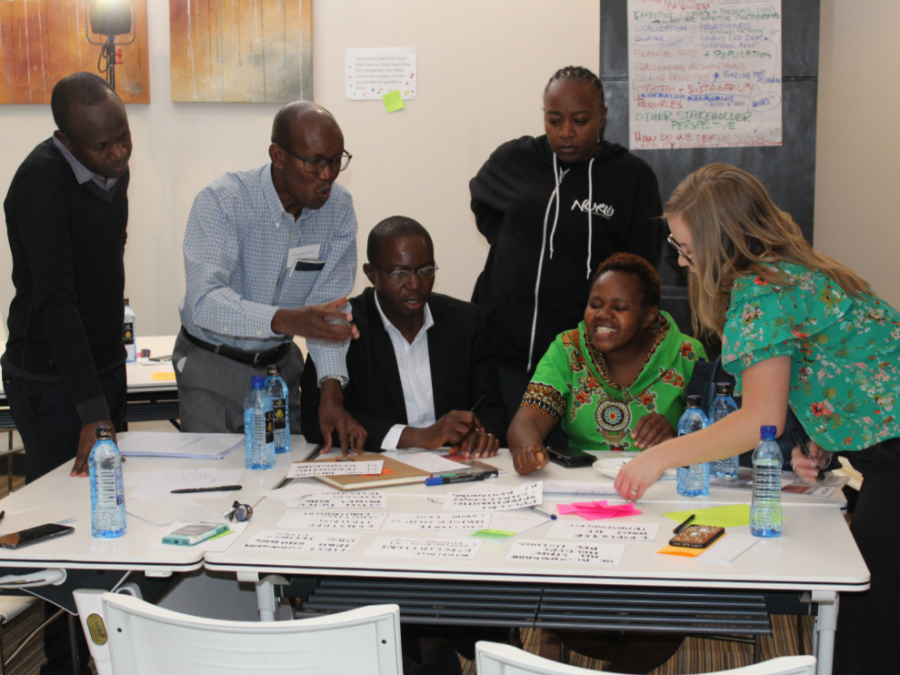Legitimacy and Power in INGO Transitions
Thought Piece
The project aims to study the dynamics at play when ending a development program, and provide guidelines on how to ensure locally led development. In doing this, SAS looks beyond the technical aspects of an exit strategy to identify examples that demonstrate a transition toward locally led development. The 20 case studies produced by the project highlight the past and present realities faced by international non-governmental organizations (INGOs), local civil society organizations (CSOs), and local NGOs, focusing in particular on how partnerships evolve during transitions or devolvement to local entities.
The term ‘local’ has different connotations in different contexts and is a contested term. In the context of SAS’s research, ‘local organization’ is used to refer to CSOs or NGOs in the global South that are undergoing a process of transition in their partnership with an INGO. This encompasses organizations that work at the local and national level. The broader term ‘local actors’ recognizes the diversity of this group, which can include individuals, communities, newly created NGOs or CSOs, NGOs that have devolved from an international federation, or local and national governments.
This publication looks at the project’s key themes and explores the questions:
- Why write about power and legitimacy in relation to transition?
- How does SAS define local?
Read the full publication online >>




